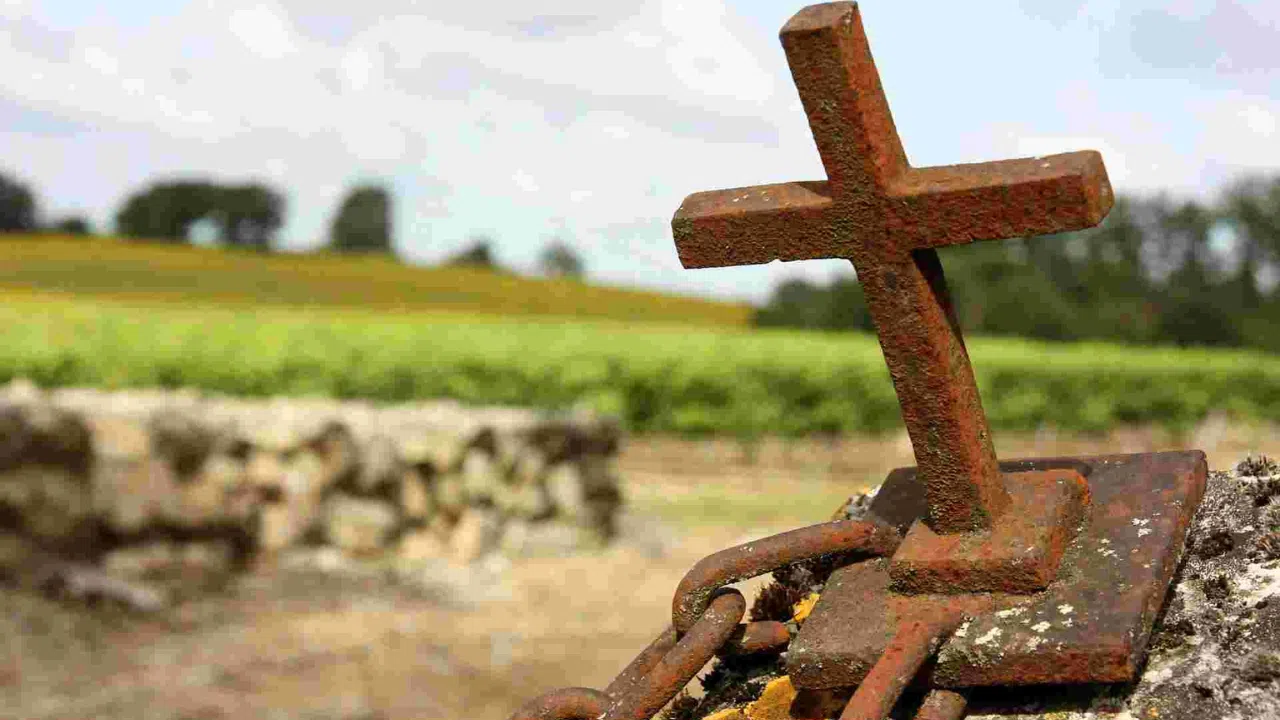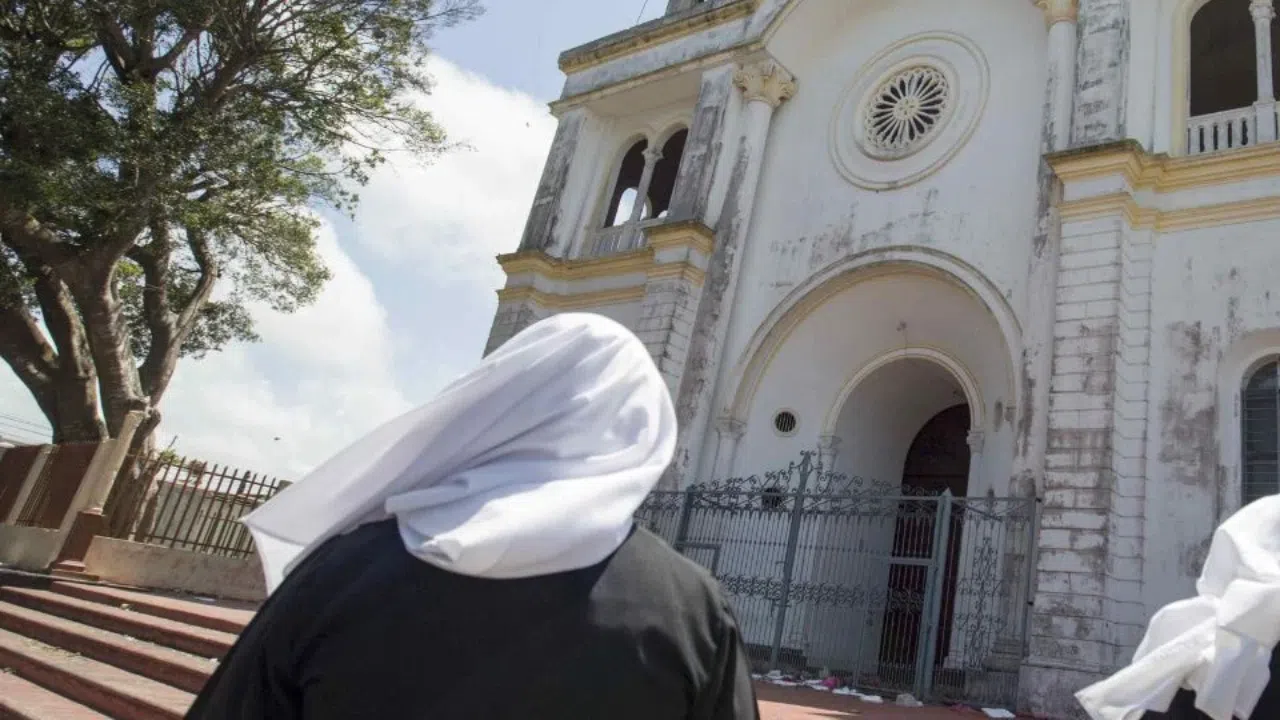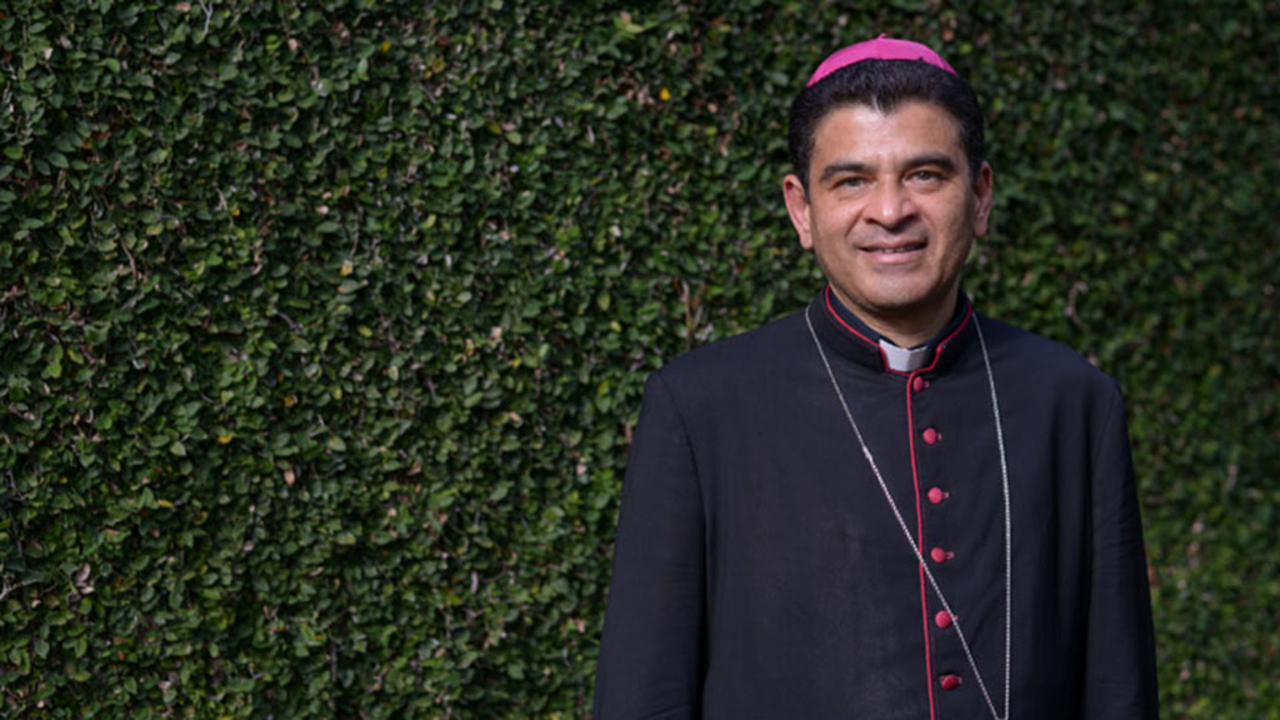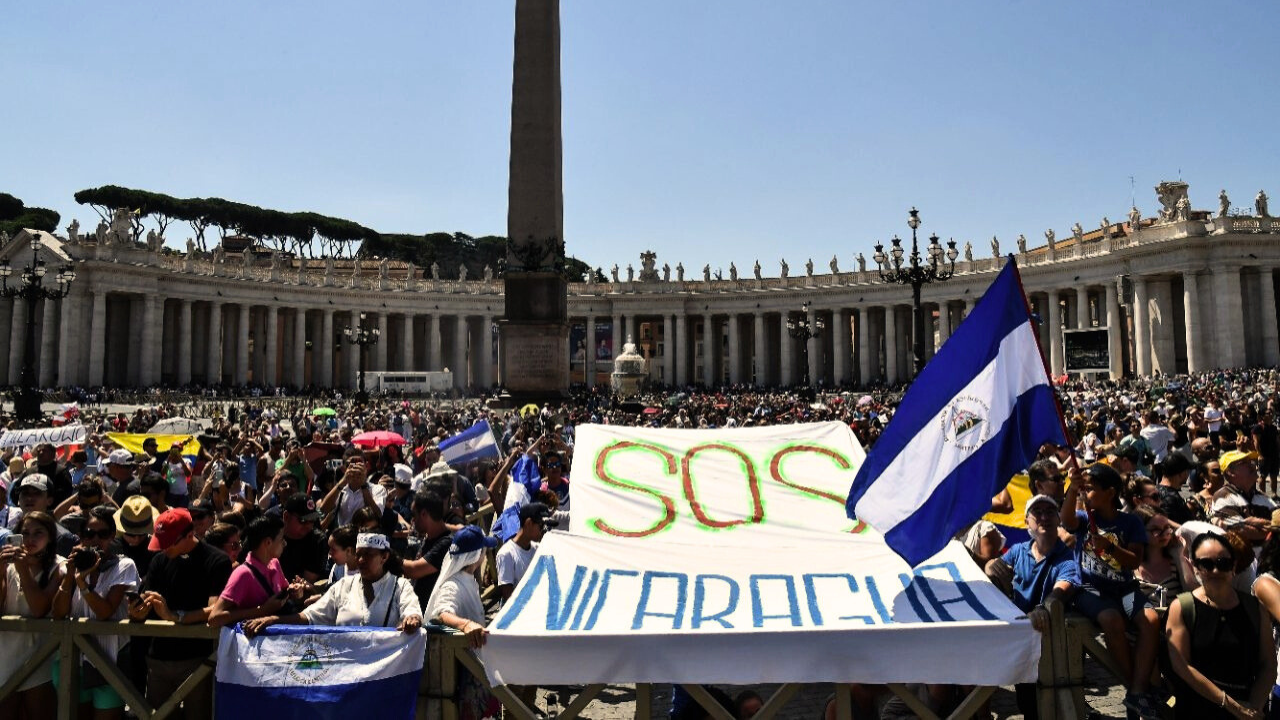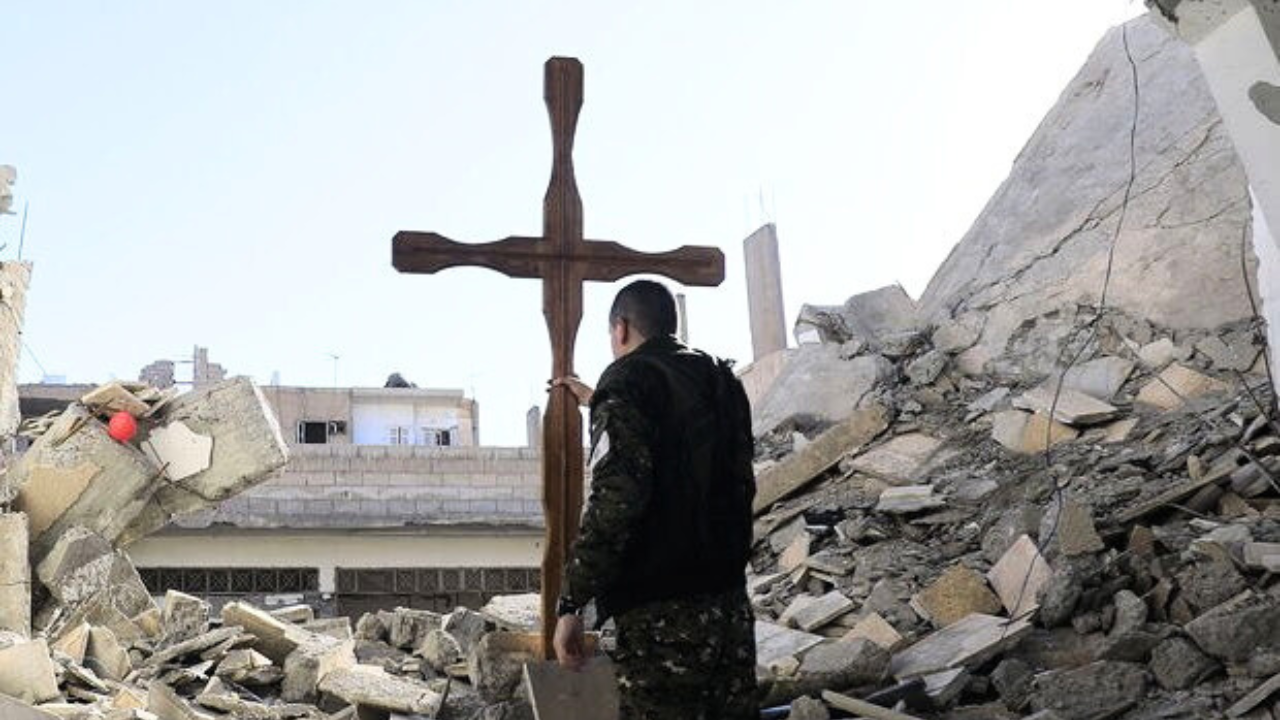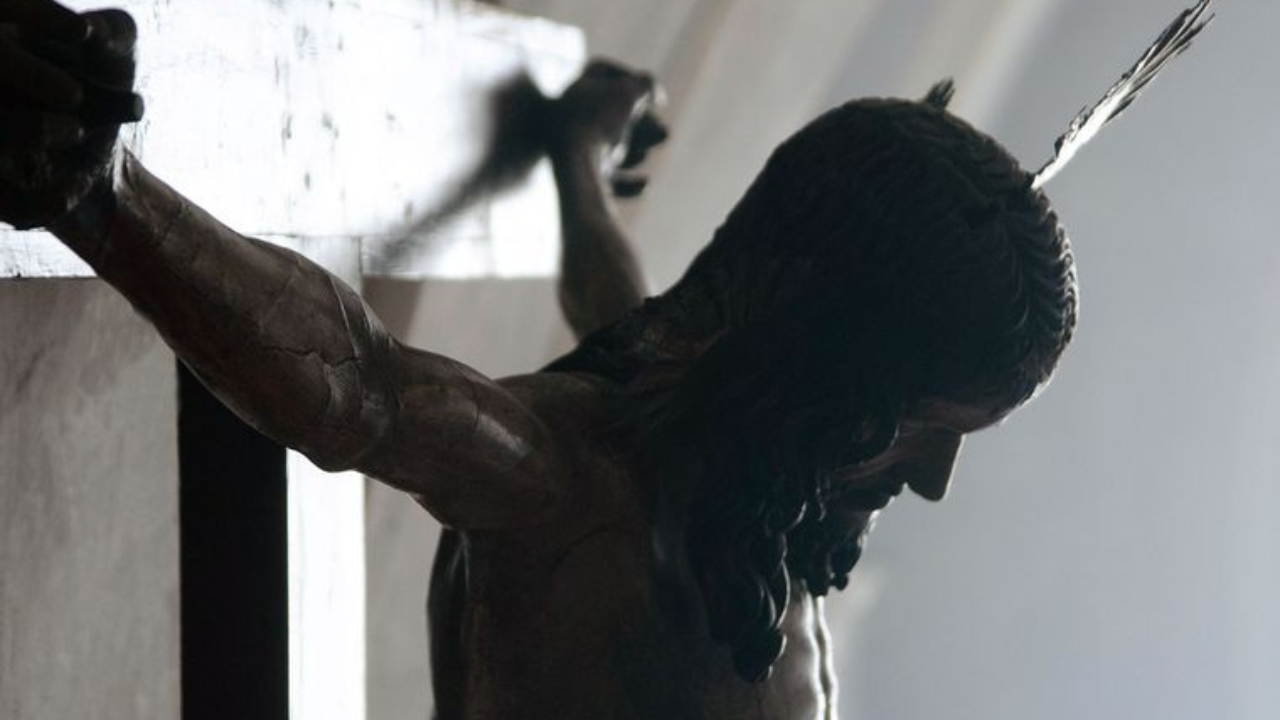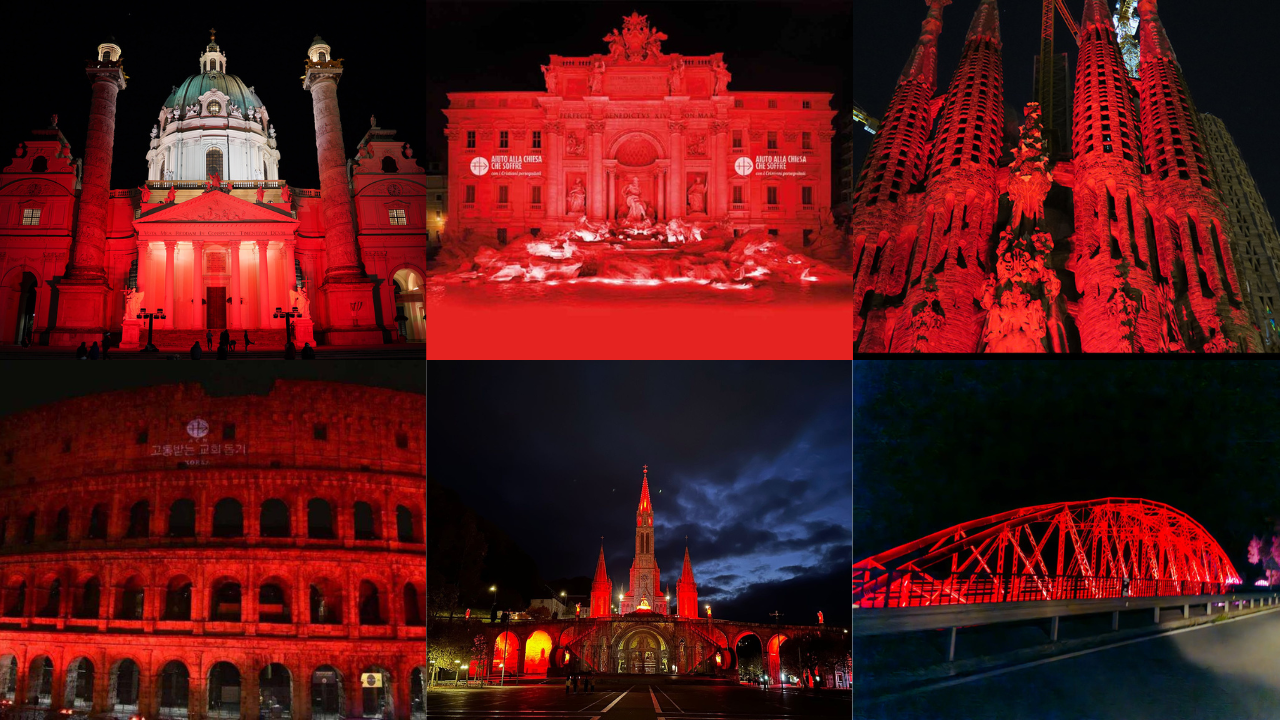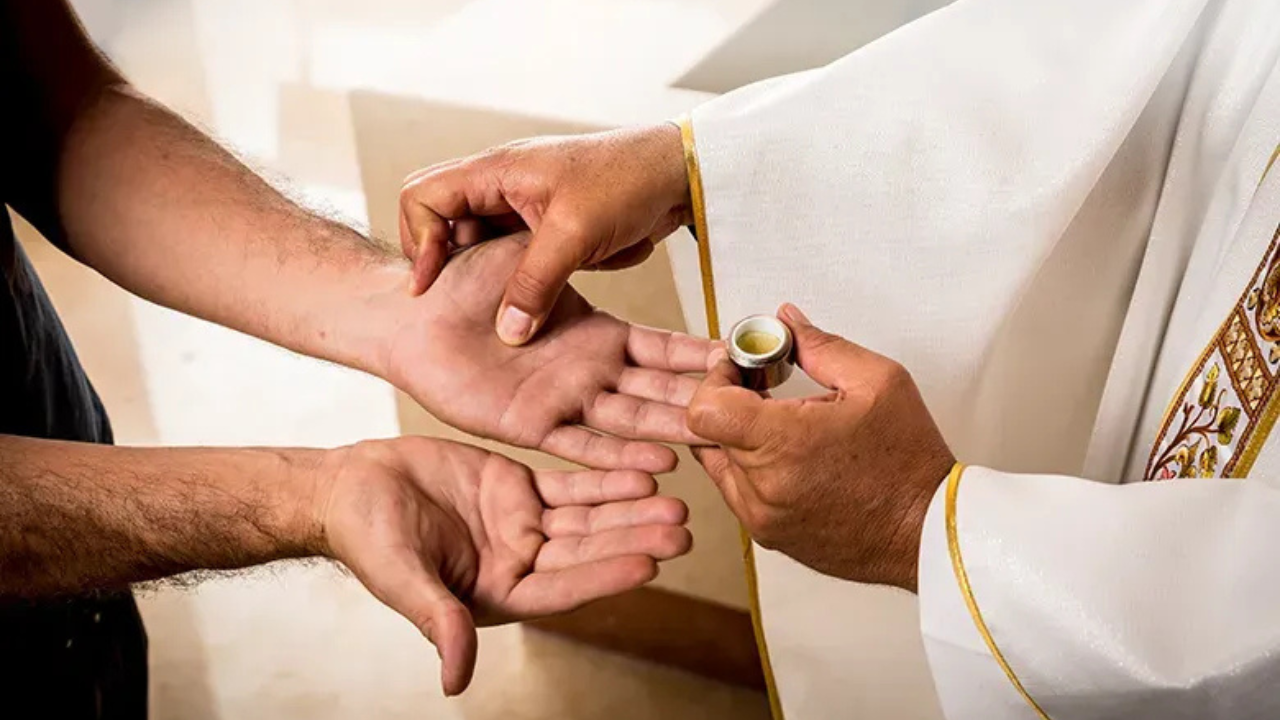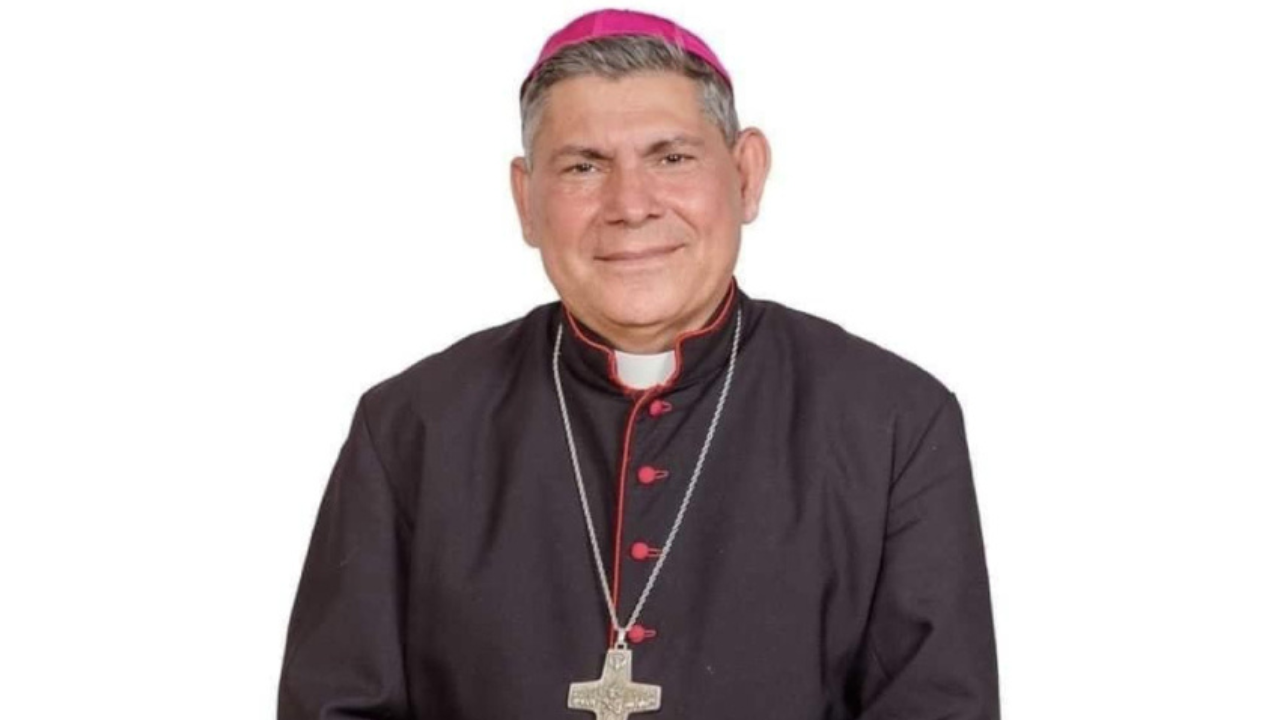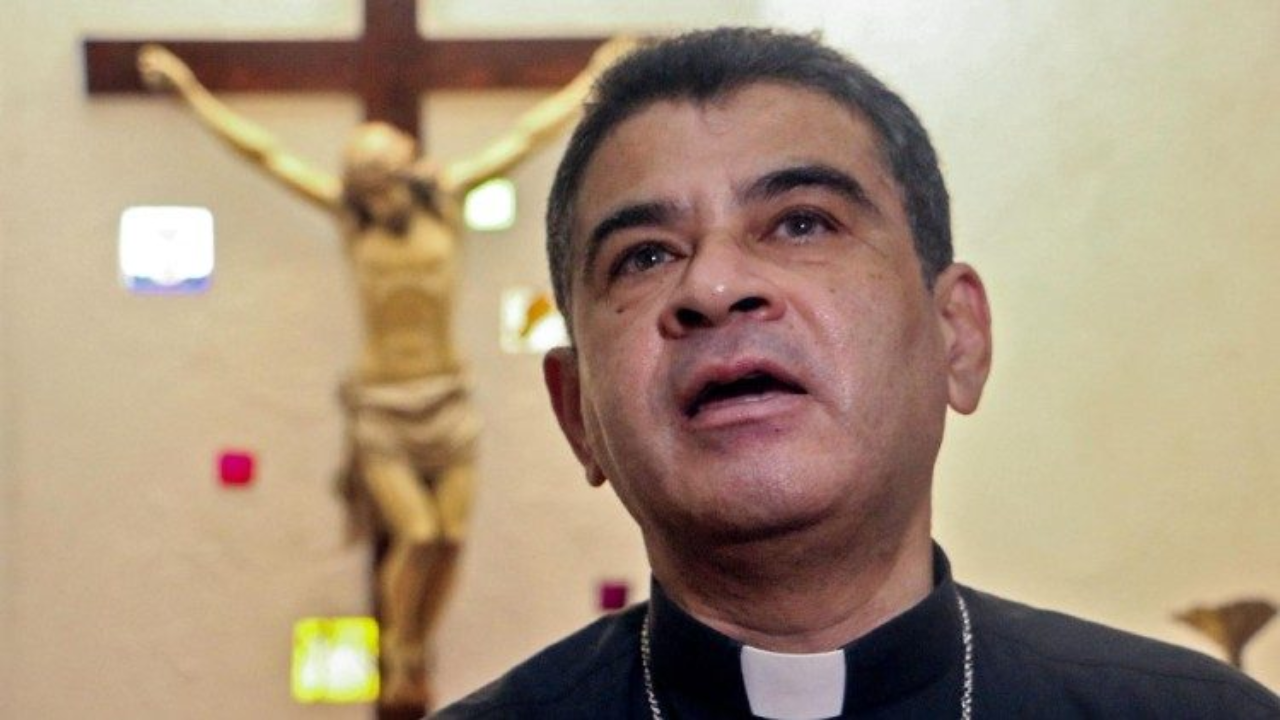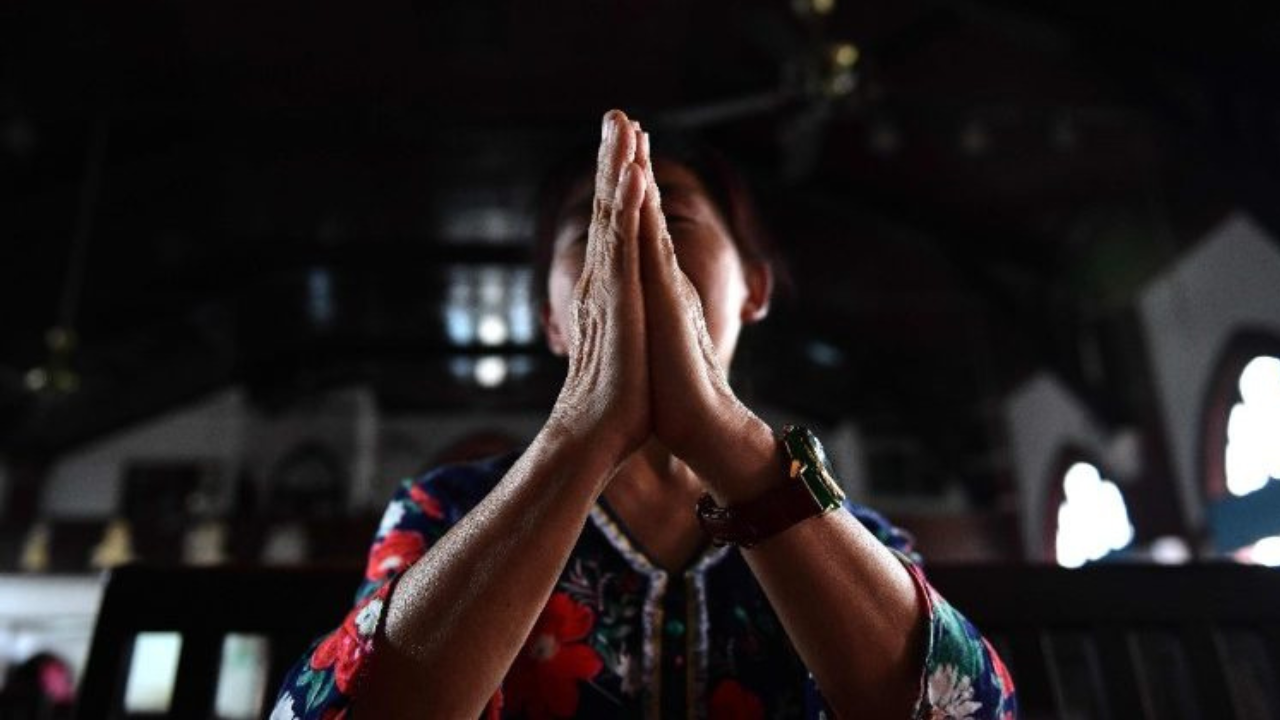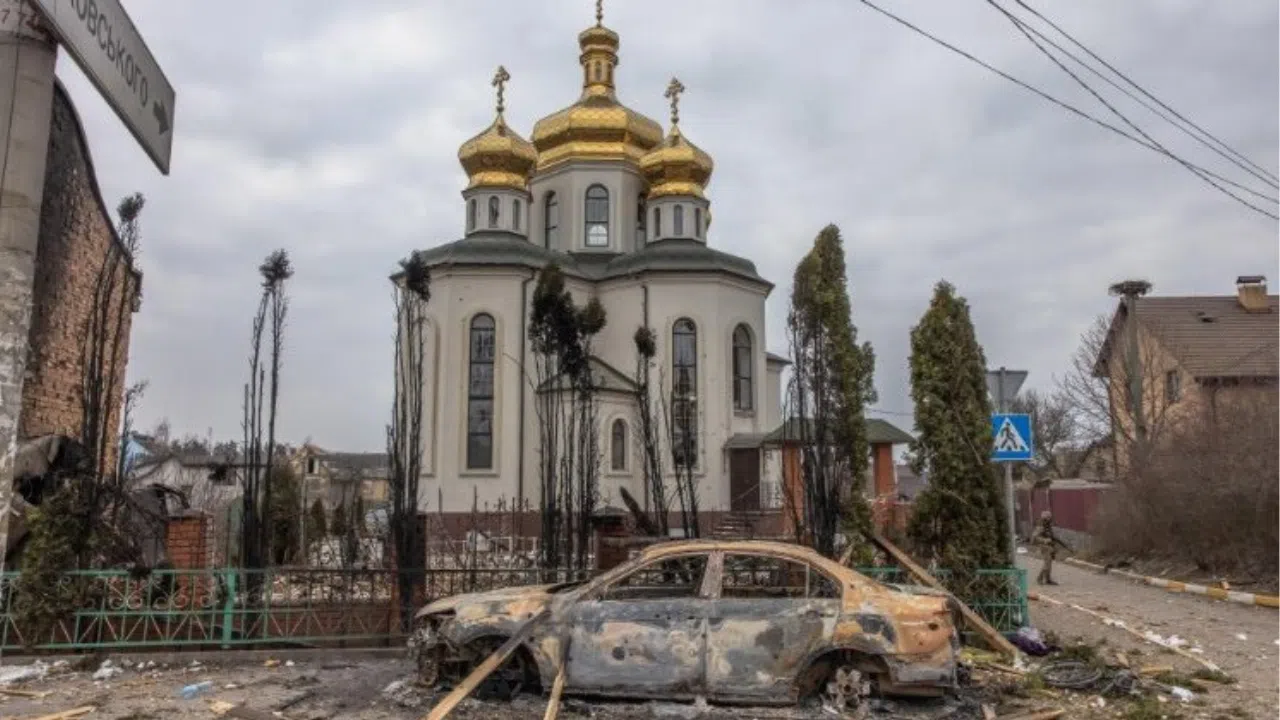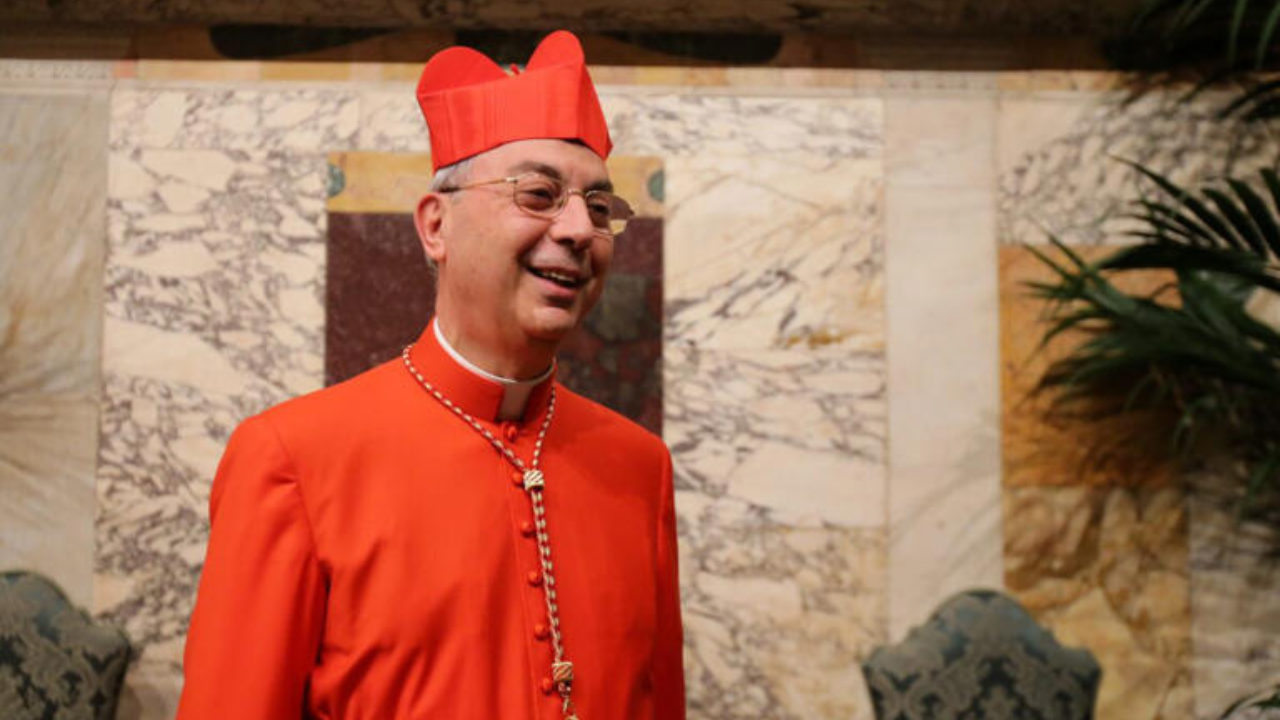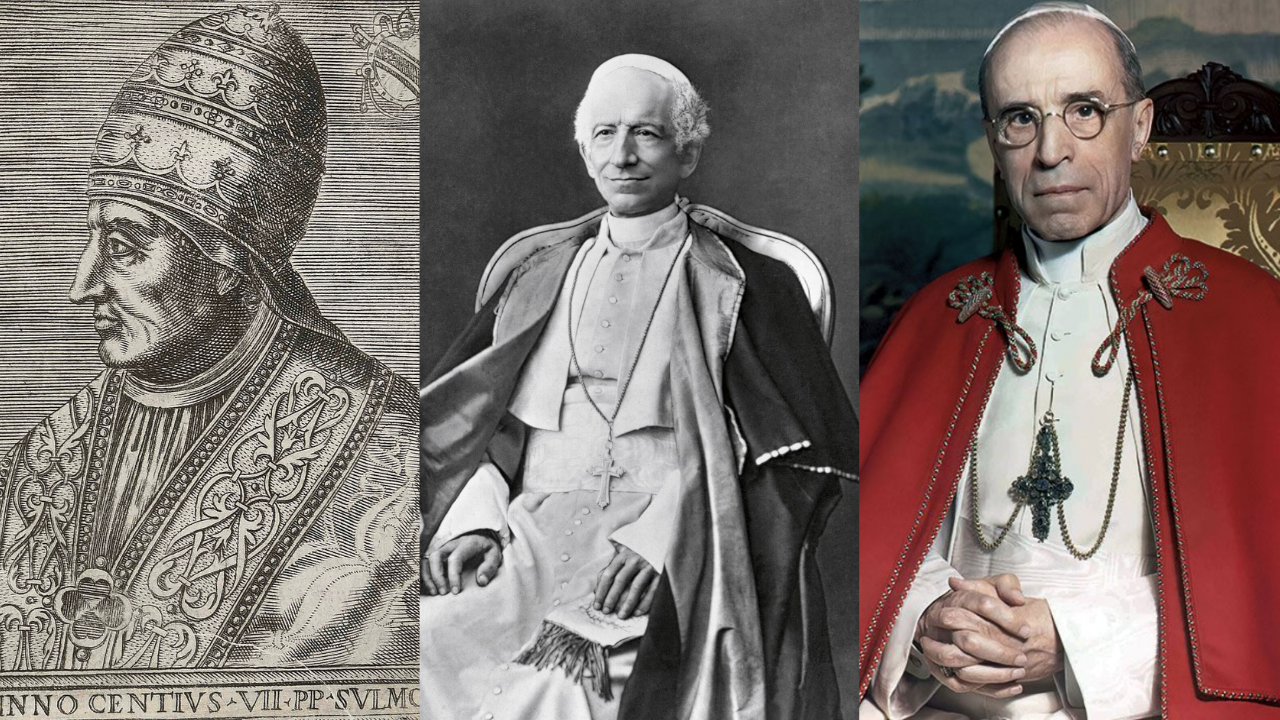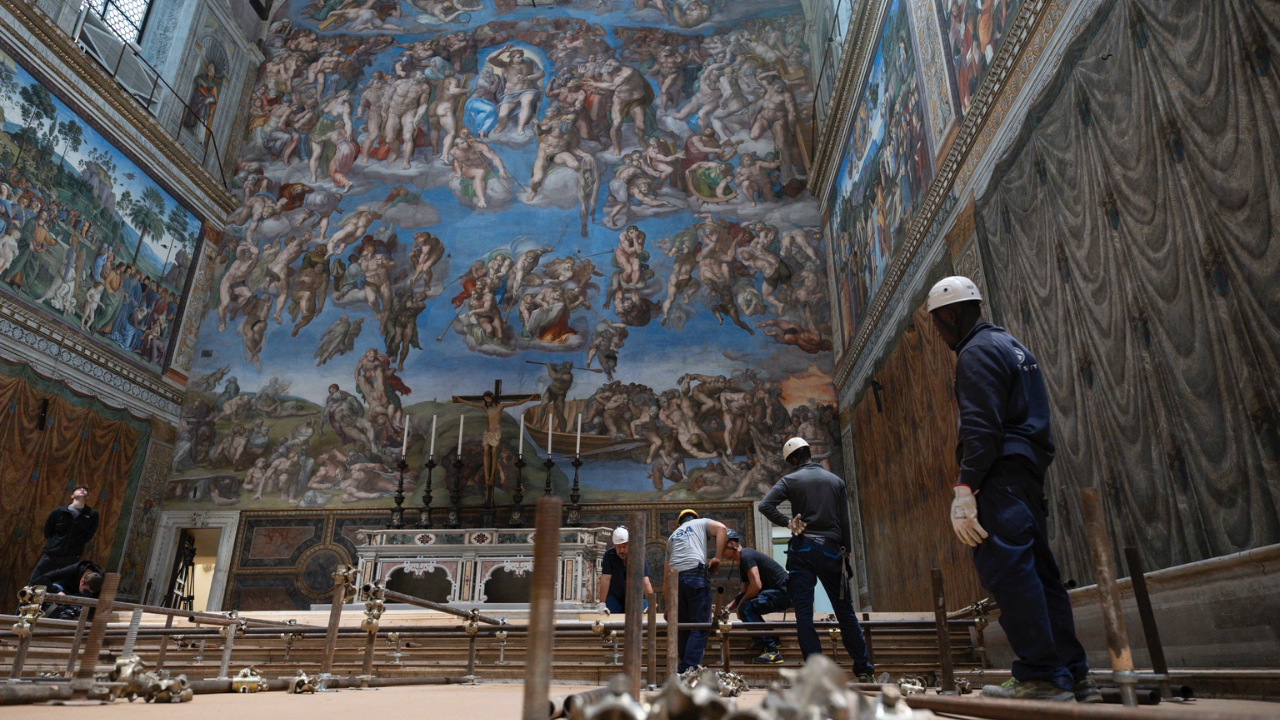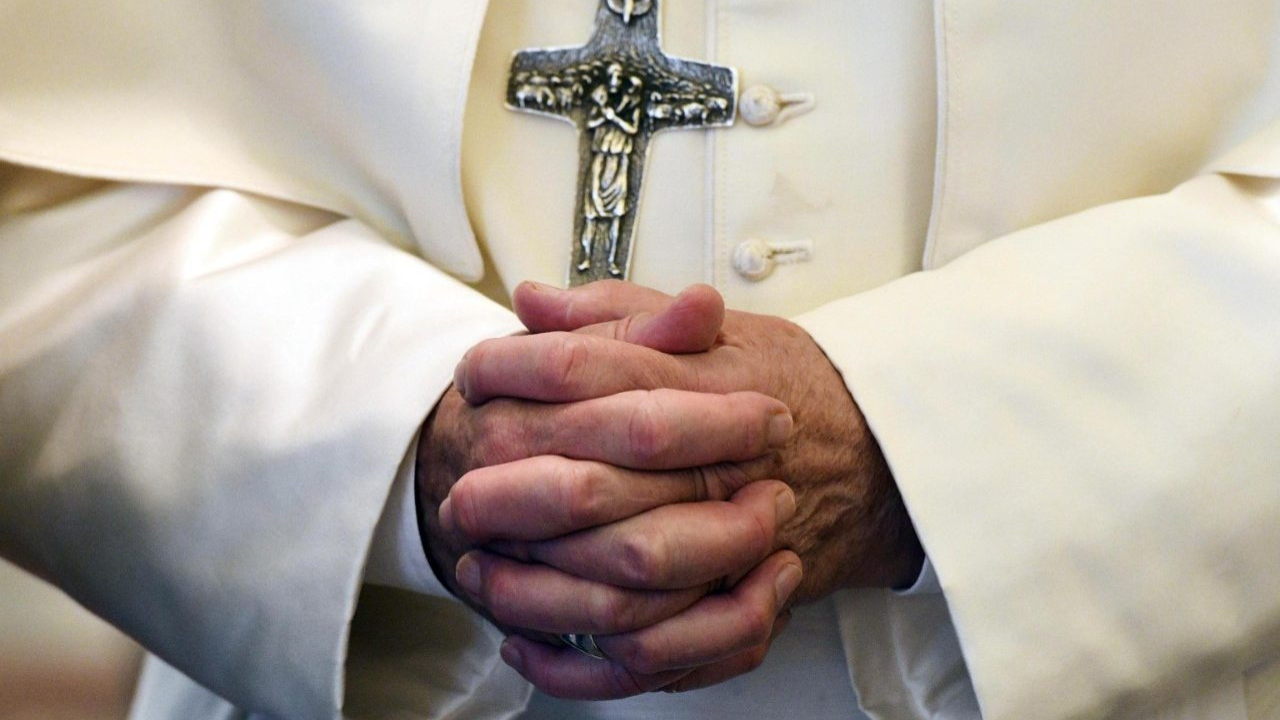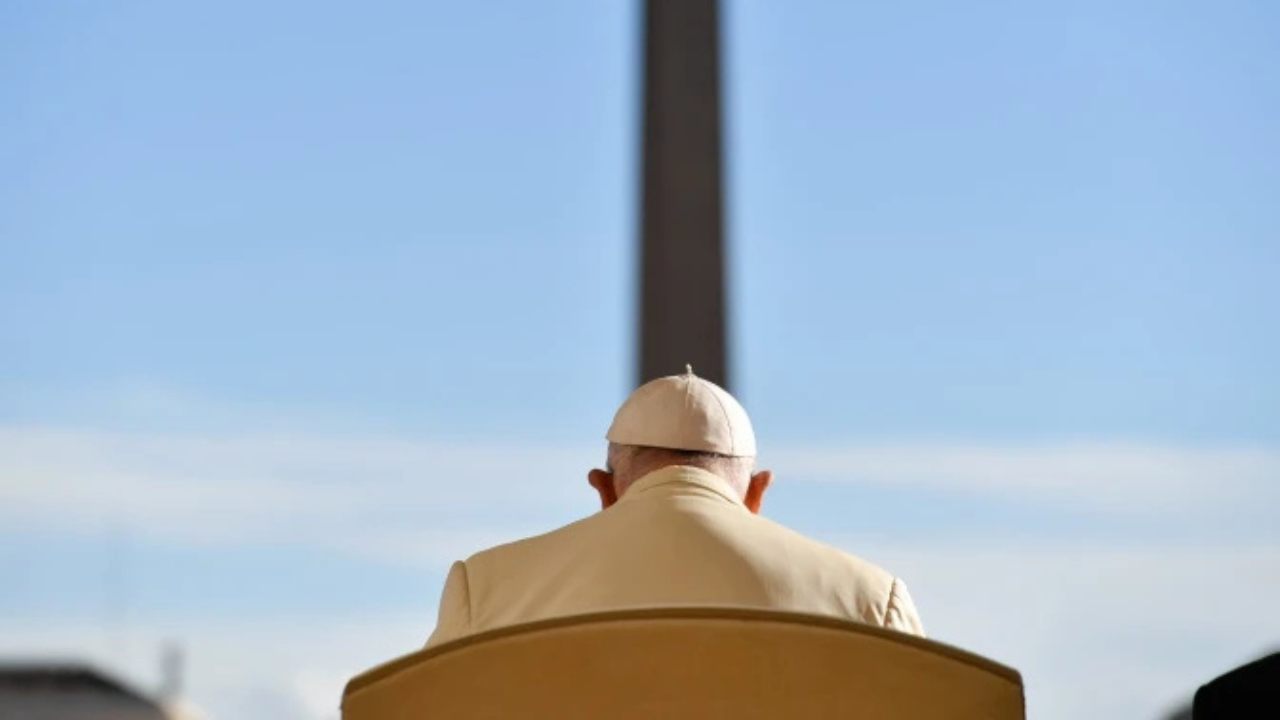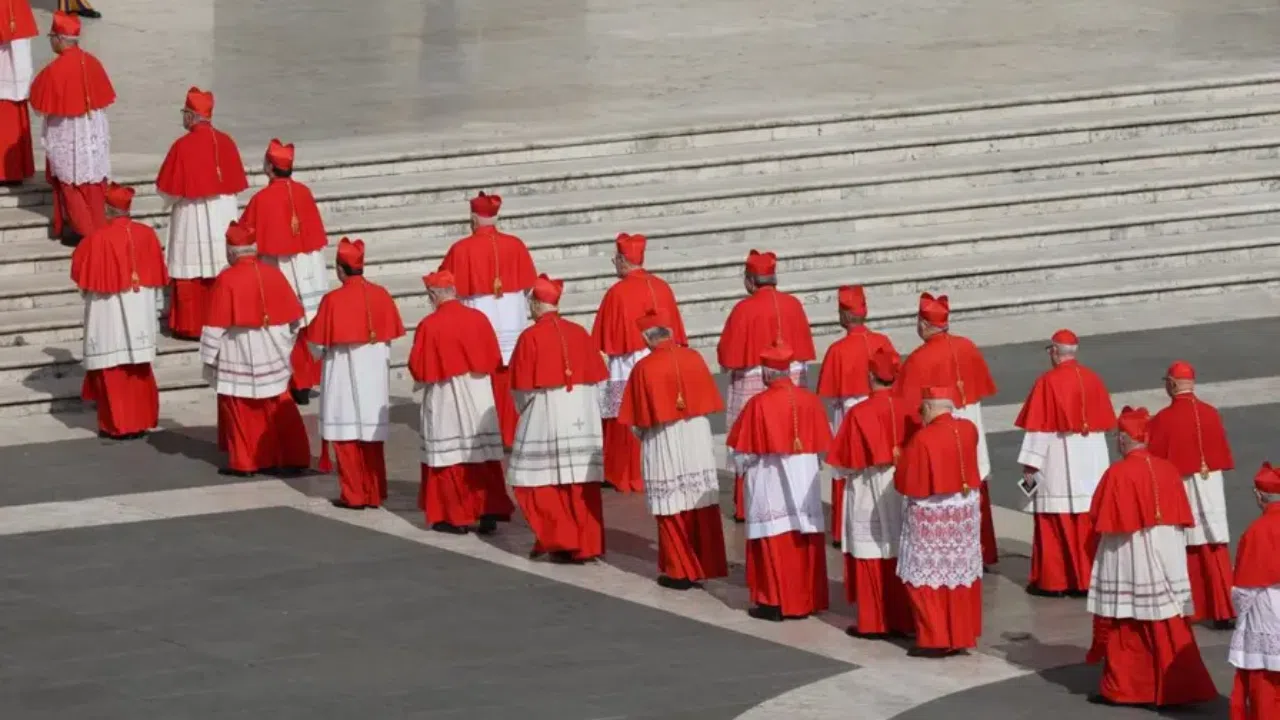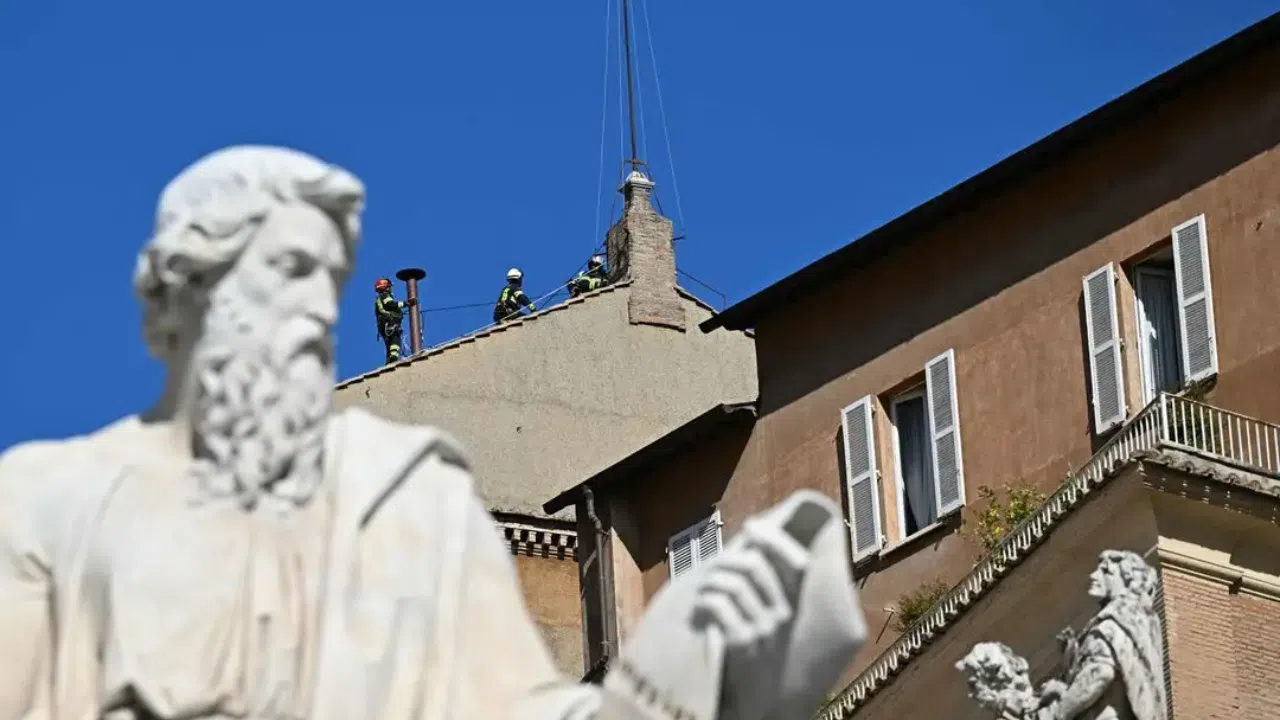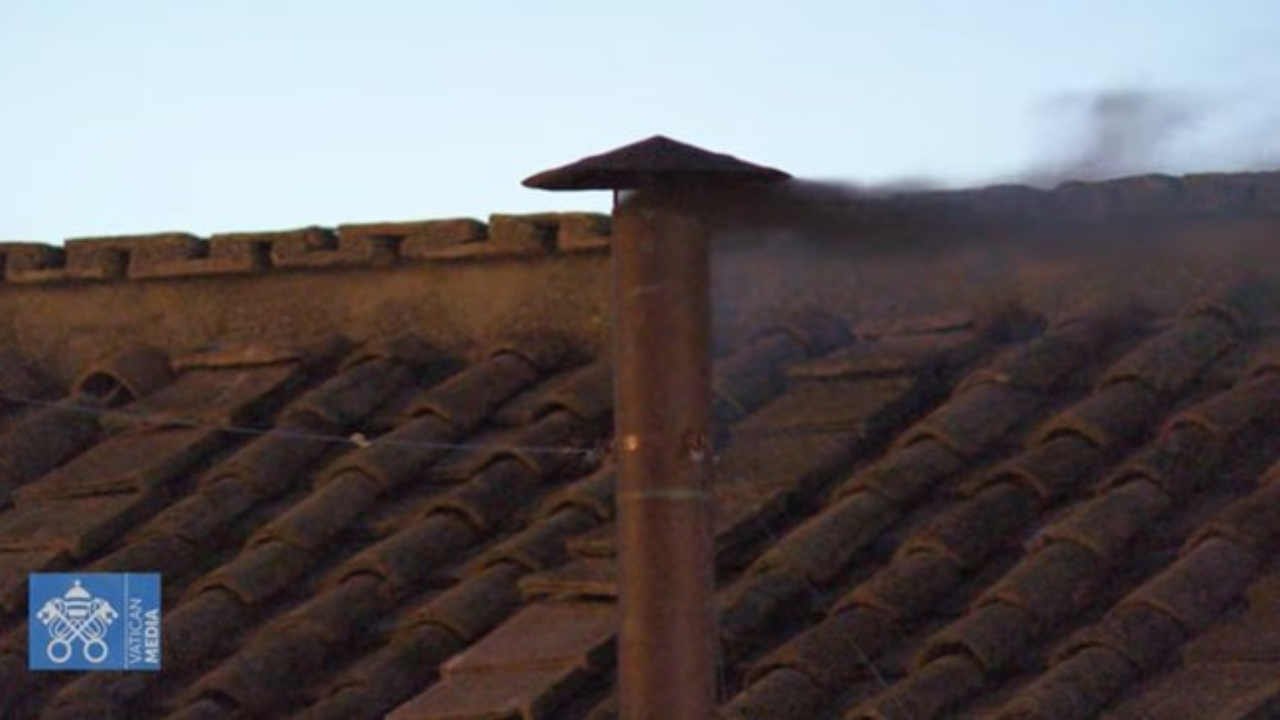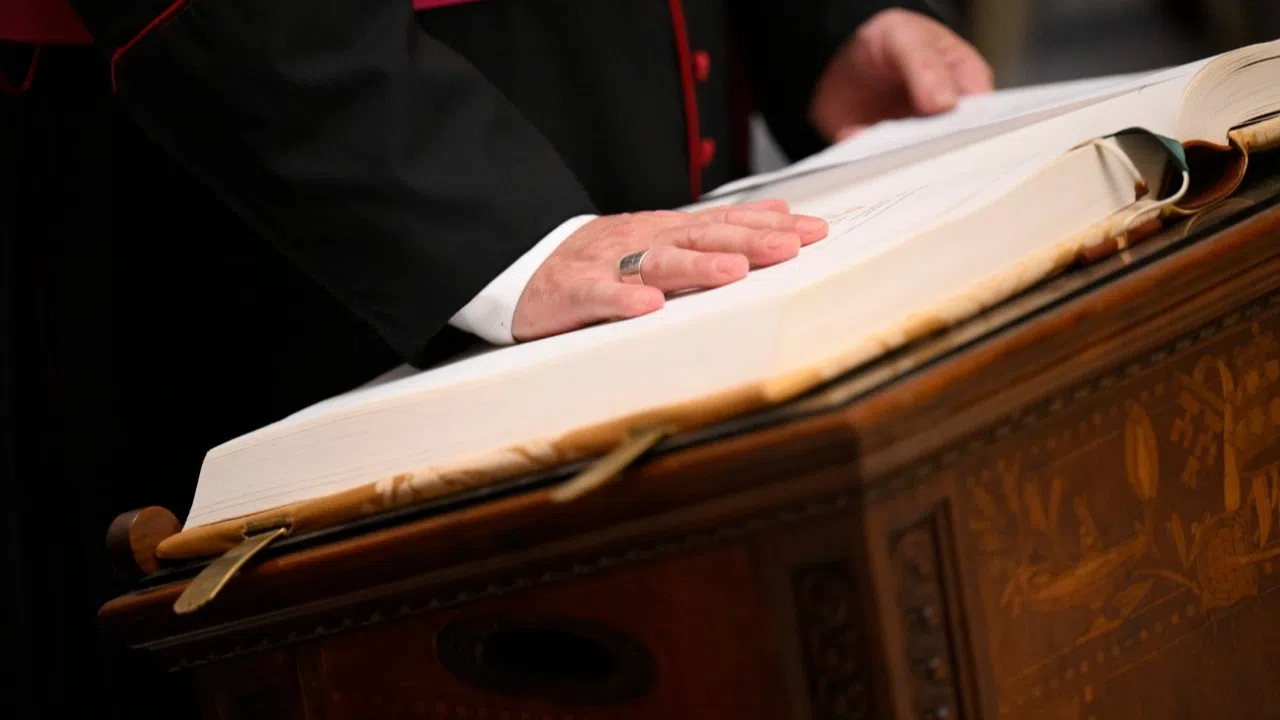In the 80s, Brazil became a land without law. The government promoted the colonization of interior regions of the country, on the border of the Amazon. However, it's ability for law-and-order was minimal. In the Rondônia zone, large land-owners abused smallholders and indigenous people without fear of reprisal. This is where missionary Ezequiel Ramin was sent in 1984.
He was 31 years old and belonged to the Comboni, founded in the middle of the 19th century. In Italy, his home country, he had shown commitment to the underprivileged. In Naples, he organized one of the first peaceful demonstrations against the Camorra.
FABIANO RAMIN
Ezequiel's brother
“He had a strong character, that's true. He was also very stubborn. He was determined to get into trouble whenever someone called his name or wherever it was necessary.”
Ezequiel immediately took charge of the local situation, denouncing the landowners' abuses and comforting the small farmers. This cost him his life. A little more than a year after arriving, he was shot to death.
FABIANO RAMIN
Ezequiel's brother
“Two years earlier, we lost another brother in a car accident. Ezequiel celebrated his funeral. And two years later, Ezequiel dies. This was a great blow to my parents.”
His murder was an example of how remote Amazonian zones were abandoned to their own fates. There, religious leaders became the only authorities capable of denouncing abuses.
Now, the process of Ezequiel's beatification is underway. John Paul II called him a “martyr of charity.” During the Amazon Synod, Pope Francis was given a petition to declare all of the missionaries killed in the Amazon for defending the disadvantaged as martyrs. Ezequiel Ramin is among them.
